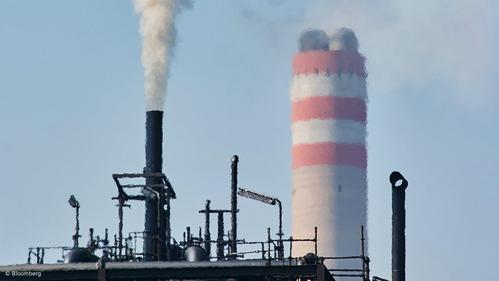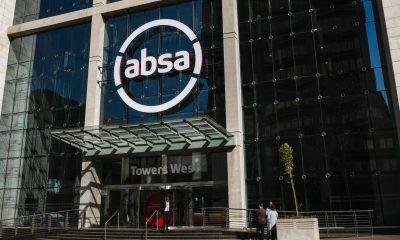Business
South Africa’s Gas Cliff: Can the New Aggregator Save 70,000 Jobs by 2028?

South Africa is heading towards a massive energy disruption: Sasol, the country’s only large-scale natural gas supplier, will shut off its gas taps in June 2028. That gives industries less than three years to prepare — or risk losing 70,000 jobs and as much as R500-billion in annual economic activity.
The looming threat is known as the “gas cliff”, and while government and private players are scrambling for solutions, the timeline is razor-thin.
Why Sasol’s Exit Matters
For decades, Sasol has supplied natural gas from Mozambique, keeping key industries afloat. But the company has made it clear: by mid-2028, it will no longer be able to safely and economically continue this supply. “It’s physically impossible,” said Jaco Human, executive officer of the Industrial Gas Users Association of Southern Africa (IGUA-SA).
The shockwaves from this cut-off could be devastating. Gas is a critical energy source for sectors that employ tens of thousands and generate significant GDP. If supply is not secured soon, both jobs and business continuity are at severe risk.
The Race to Form a Gas Aggregator
The private sector isn’t standing still. South Africa’s largest industrial gas users are forming a gas aggregator — a company whose sole purpose will be to source, import, and distribute gas post-Sasol.
According to Human, the aggregator’s shareholder agreement is nearly complete, with a board expected to be in place by the end of May 2025. Off-take agreements — essential for infrastructure rollout — must be finalized by December 2025.
That leaves just 30 months to put together an entirely new gas supply chain, including pipelines, transportation, and storage. “It’s a tightrope walk,” Human admitted.
Government Steps In — And Looks Abroad
Energy Minister Kgosientsho Ramokgopa called the gas crisis second only to load shedding in his list of national energy concerns. At the recent Africa Energy Indaba, he confirmed that the government is in talks with Qatar and other international partners to source gas at competitive prices.
But even if gas is secured, it needs to be affordable. Ramokgopa warned: “There’s a price point that makes gas commercially unavailable — even if we have access.”
Doubling Down: Demand to Triple by 2033
The crisis is further complicated by growing demand. South Africa’s gas use currently sits at 200 petajoules a year — and is expected to triple by 2033. That means the country faces a double threat: declining existing supply and soaring future needs.
This makes developing new infrastructure and sourcing from third parties even more urgent.
Private Sector: The New Frontier
One option is to leverage Sasol’s existing pipeline to import gas from a new supplier — but this would require an upfront investment of around $610 million in either Maputo or Basra.
Traditionally, the state would handle such strategic energy investments. But this time, the private sector must lead, a move that represents a major shift in how South Africa tackles energy security.
Human said this level of private backing for energy infrastructure is unprecedented and comes with significant risk — particularly around time and capital.
Falling Behind the Region
Even with all hands on deck, South Africa is years behind its neighbors. Mozambique and Namibia are far ahead in developing their upstream gas sectors. Meanwhile, South Africa is still playing catch-up — a position that could worsen if plans stall or funding fails.
“We’re 10 to 15 years behind,” said Human. “That’s the real cost of delay.”
Time is Running Out
South Africa’s gas cliff isn’t just an energy issue — it’s an economic, employment, and investment emergency. The formation of a gas aggregator is a crucial step, but it’s not a guarantee.
With only 30 months to pull off a complex, multi-billion rand energy solution, all eyes are now on the government, private sector, and international partners to work fast — or face the fallout.
{Source Business News}
Follow Joburg ETC on Facebook, Twitter , TikTok and Instagram
For more News in Johannesburg, visit joburgetc.com



























